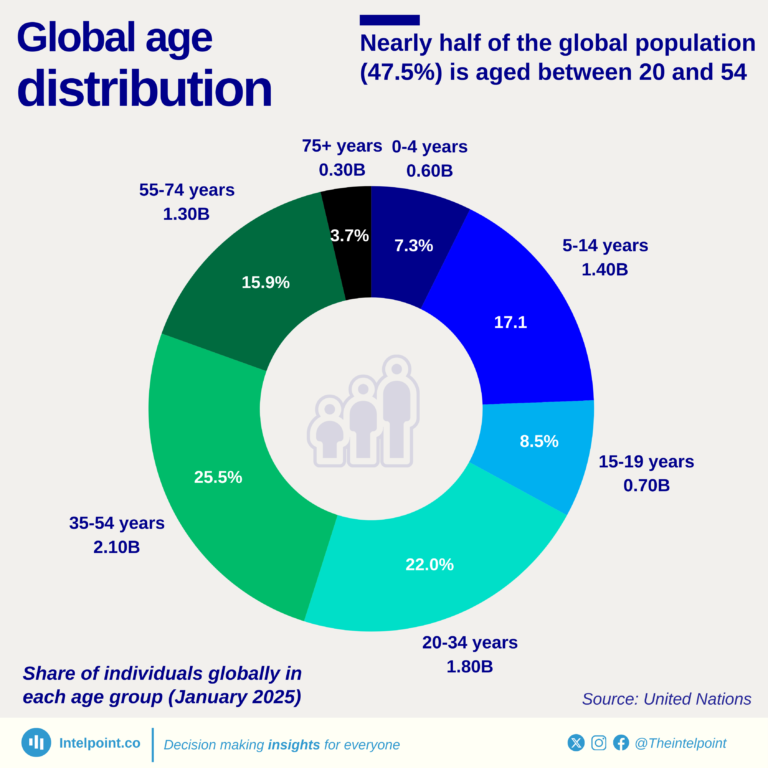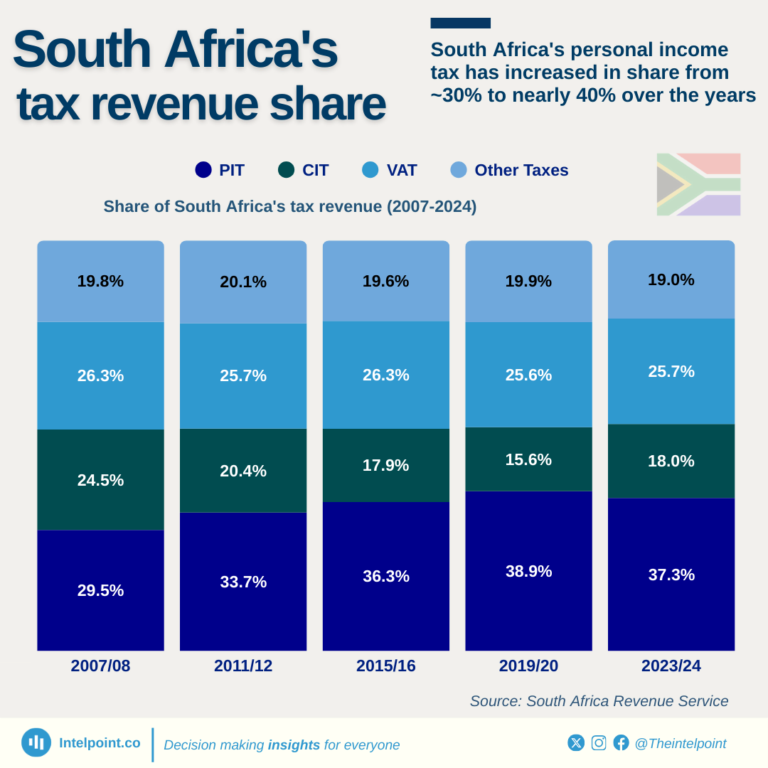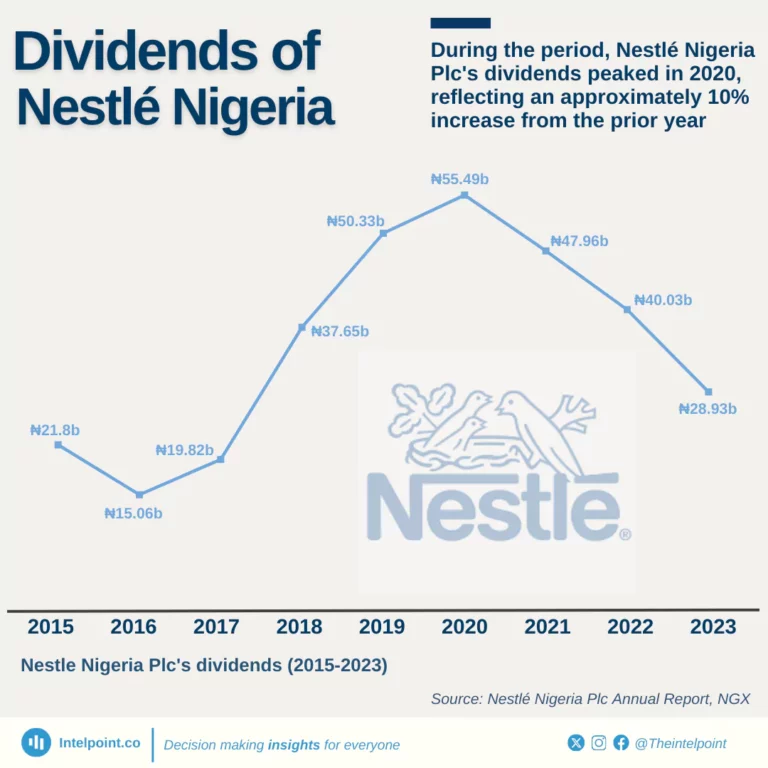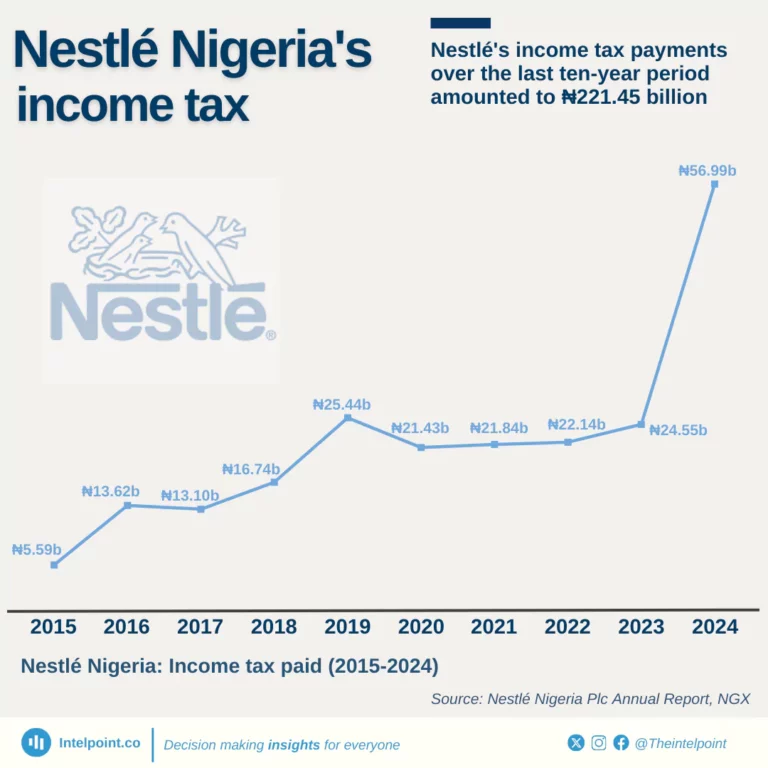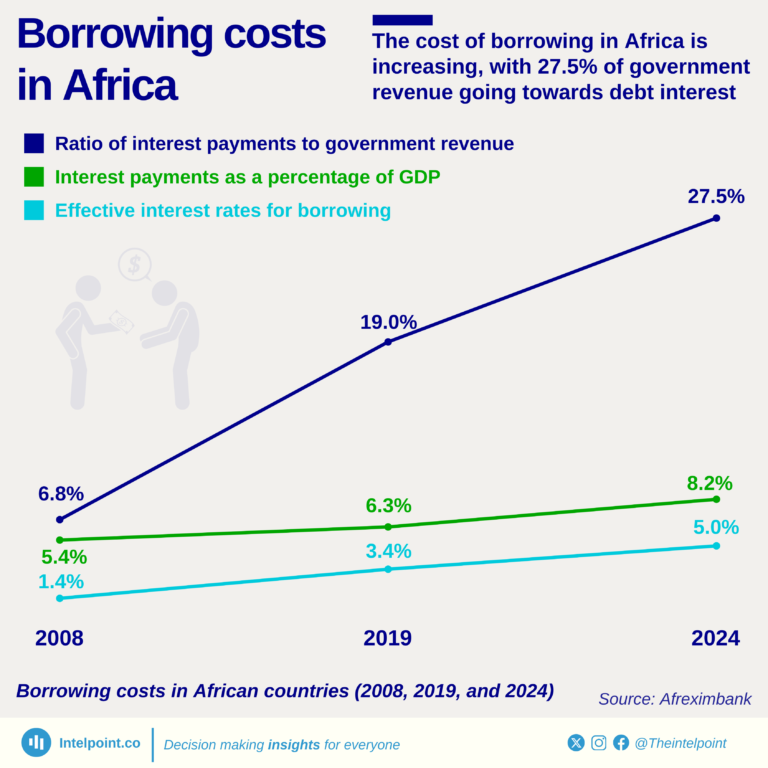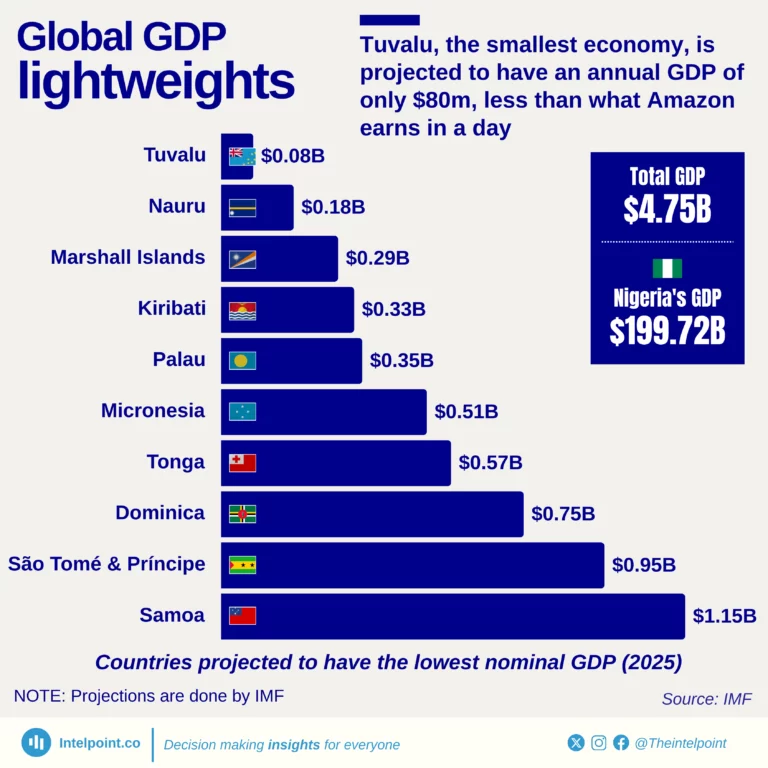
Although Nigeria had the third highest number of learners on Coursera enroled in courses related to science, technology, engineering, and mathematics (STEM) as of March 2023, the country had the highest year-on-year increase — almost double.
Five African countries were in the top ten increasing STEM learners on the e-learning platform.

Nigerians spent ₦56.6 million last weekend seeing two blockbuster movies — #Barbie and #Oppenheimer. Popularly called Barbenheimer, they were released simultaneously on July 21, 2023. Barbie made 129% more than Oppenheimer in their first weekend.

Seychelles has the most powerful passport in Africa in 2023, with visa-free access to 155 countries and territories, followed by Mauritius (148). Nigerian passport holders have visa-free access to 46 countries, one of the lowest in Africa. Africa's most powerful passports in 2023 by the number of travel destinations passport holders can travel to visa-free:
Seychelles (155), Mauritius (148), South Africa (106), Botswana (89), Namibia (81), Lesotho (79), Eswatini (77), Kenya (76), Malawi (75), Tanzania (73).
Africa's least powerful passports in 2023 by the number of travel destinations passport holders can travel to visa-free:
Liberia (51), Djibouti (49), Ethiopia (47), Nigeria (46), South Sudan (46), DR Congo (45), Eritrea (44), Sudan (44), Libya (41), Somalia (35).
